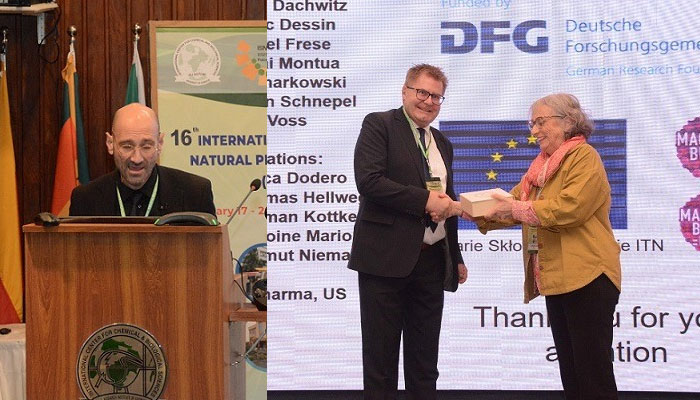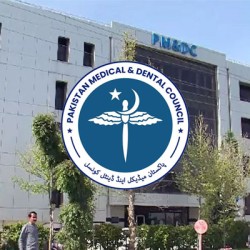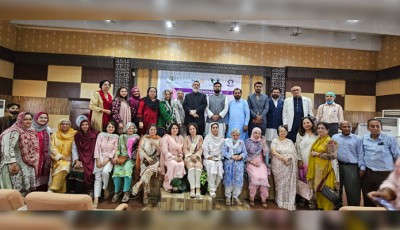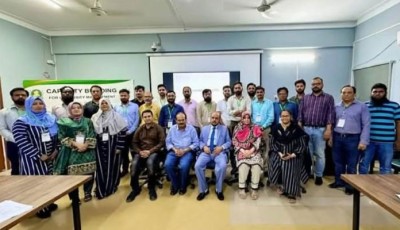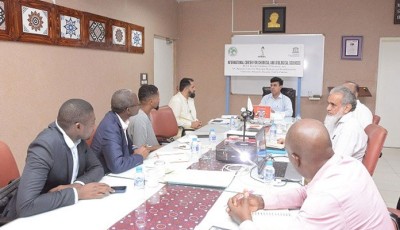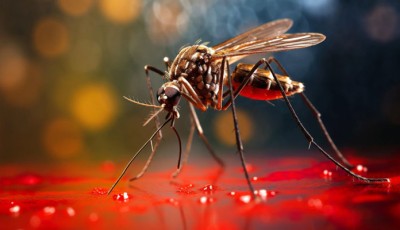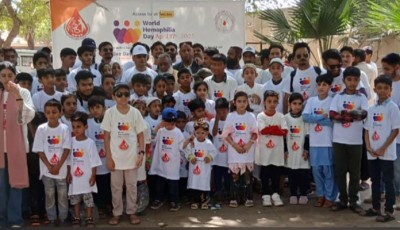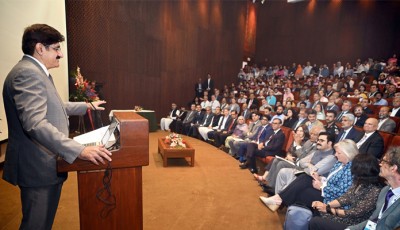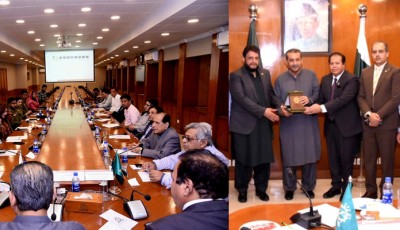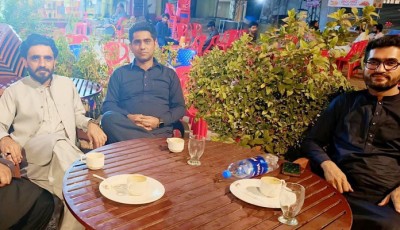KARACHI: Researchers have identified Antimicrobial Resistance (AMR) as one of the most significant global public health and development challenges.
They emphasized the potential of natural products as effective antimicrobial agents, and said that the Islamic Golden Age was a step towards modern medicine, with unique insights and multi-disciplinary aspects.
According to estimates, bacterial AMR was directly responsible for 1.27 million deaths worldwide in 2019 and contributed to a total of five million AMR-associated deaths. Experts highlighted that plant-based products hold promise as antimicrobial agents.
These views were expressed by national and international scholars during plenary and invited lectures on the second day of the 16th International Symposium on Natural Product Chemistry (ISNPC-16), held at the International Center for Chemical and Biological Sciences (ICCBS), University of Karachi on Wednesday. The event has drawn 60 scholars from 29 countries, along with 400 Pakistani researchers.
Italian scientist Prof. Dr. Marcello Iriti stated that AMR poses a serious threat to public health, with approximately five million deaths attributed to it globally. He noted that a promising therapeutic strategy involves combining natural products with conventional antibiotics to minimize the development of antibiotic-resistant bacterial strains or counteract multidrug resistance caused by bacterial efflux pumps.
"Undoubtedly, plant-derived products are promising antimicrobial agents," he said.
Prof. Dr. Hesham R. El-Seedi from Sweden discussed the historical use of medicinal plants and their modern applications in both preclinical and clinical studies. He highlighted that ancient Egyptian and Chinese civilizations had extensive knowledge of drug preparation from plants and herbs thousands of years ago.
He said traditional Islamic Medicine has had a significant impact on the development of various medical, scientific, and educational activities. Innumerable Muslim and non-Muslim physicians have built on the strong foundation of Traditional Islamic Medicine by translating the described natural remedies and effects, he mentioned.
Prof. Dr. Ute Romling from Sweden pointed out that while modern medicine and technological advancements have provided numerous benefits, they have also contributed to the emergence of new disease patterns, including the evolution and spread of pandemic clones of pathogenic bacteria.
Iranian scholar Prof. Dr. Babak Kaboudin noted that over the past two decades, gene therapy using artificial nanomaterials has gained significant attention due to its potential to treat a wide range of human diseases.
Additionally, Prof. Dr. Norbert Sewald from Germany delivered a lecture, alongside numerous other scholars who presented their research in concurrent sessions on the second day of the symposium.
